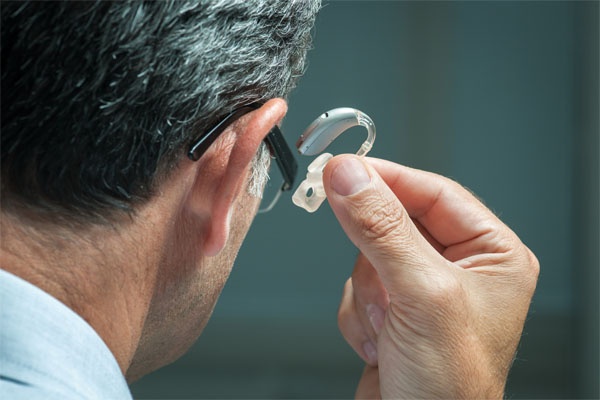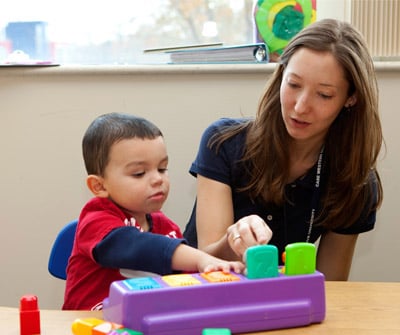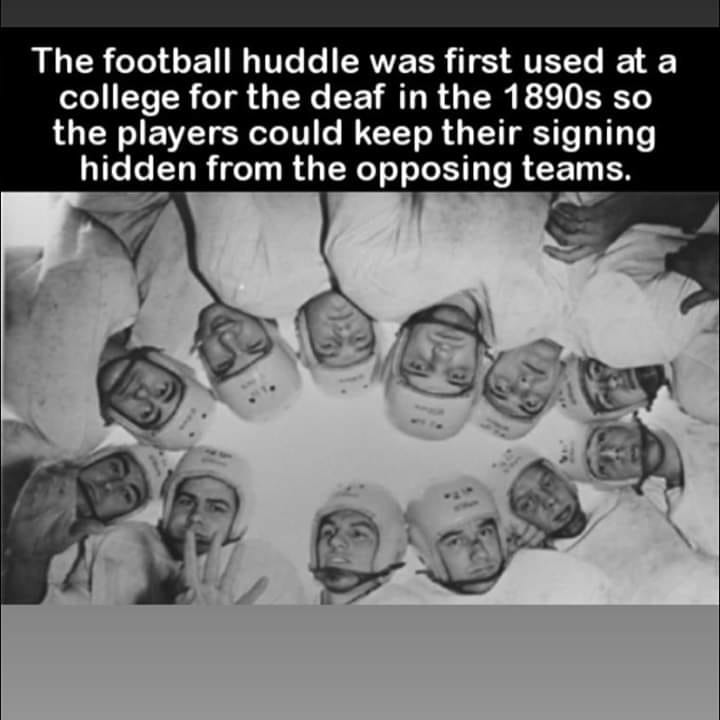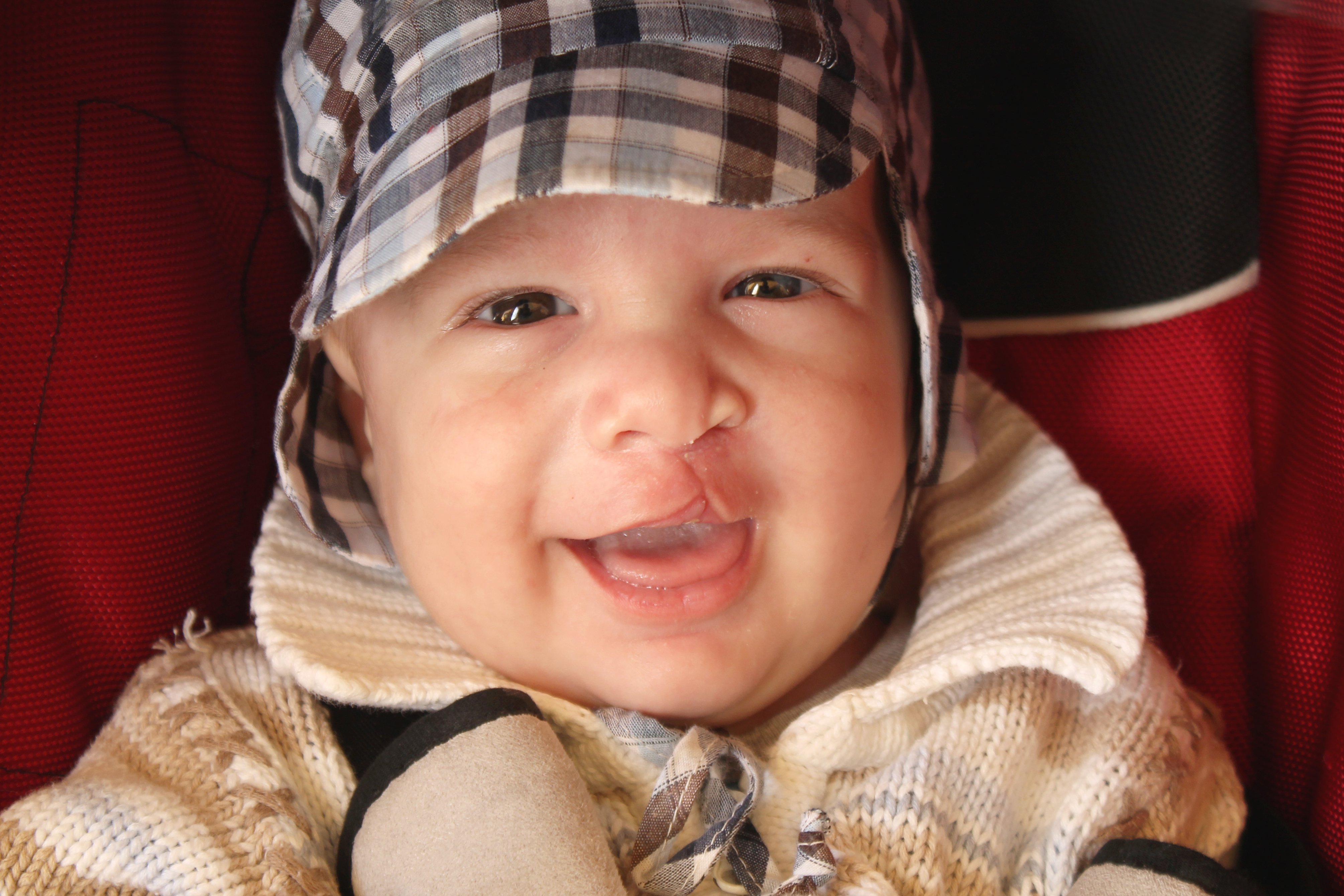Imagine: A child comes home from cheering for their favorite team at a high school game, and their voice sounds raspy. The next day when they wake up, their voice is gone completely and they can barely speak at all. Sound familiar? Maybe a similar occurrence has happened to you, except it was when you woke up with a bad head cold. This is something we commonly hear people refer to as “losing my voice.” What people think of as “losing their voice” can range from a hoarse, raspy voice to no voice at all. Have you ever wondered what exactly happens to our body to cause this to happen?
I'm Losing My Voice - What Does That Mean?
Tags: Speech, Language, Communication, Voice, talking
Are My Hearing Aids Programmed Correctly?
Tags: Speech, Hearing Aid, Audiology, Hearing Aids, Communication, Hearing, Hard of Hearing
More Talking Please! 7 Fun Activities to Promote Speech & Language in the Young Child
Everyday activities can be opportunities to expand learning – particularly for speech and language. Here are seven easy, familiar options you can do at home with your child that offer speech and language cues. Encourage the child to repeat words or anticipate the next word or sentence. For example, after we put on our socks, what comes next? Shoes.
Tags: Speech, Language, Communication, Learning, toddler, talking
"Selective Hearing" - or Hearing Loss?
Very often, spouses and life-partners will suggest that their loved one has “selective” hearing – a self-made term indicating that they can hear perfectly fine most of the time, but tend not to hear their partner speaking. Is it simply a matter of “tuning out” – or could it be something else?
Tags: Hearing Aid, Hearing Aids, Communication, Hearing, Hearing Loss Prevention, Support, Hard of Hearing, Hearing Loss
Stroke and Depression Connection
After a stroke, the main focus for the patient, their family, friends, physicians, therapists and other health care professionals is often on their physical aspects. How far can the patient walk? Can the patient still get dressed with the use of just one hand? Can the patient safely swallow food and liquid without coughing or choking? Will the patient need to use oxygen after discharge to home? These are all issues that are visible and obvious.
Tags: Communication, Support, Stroke, Caregiving, Brain Injury
Deaf History Month - Facts and Resources
National Deaf History Month is celebrated from March 15 – April 15. It recognizes contributions of deaf and hard of hearing (HoH) people, as well as highlighting the various forms of communication chosen by deaf and HoH individuals – including American Sign Language (ASL). For example – did you know that the football huddle we use today was first started at a college for the deaf in the 1890s so the players could keep their ASL signing hidden from the opposing team?
Tags: Communication, Deaf, Hard of Hearing, Interpreting, ASL Interpreter
What is Selective Mutism and How is it Treated?
Selective mutism is a complex childhood anxiety disorder characterized by a child’s lack of verbal communication in select social environments, such as school. Children with selective mutism possess the ability to speak, but are selective of the settings in which they choose to speak. They will often speak in environments where they feel safe, relaxed, and calm with familiar people such as parents or siblings, but will choose not to speak in environments where they are less comfortable. A common misconception is that selective mutism is a form of autism. Children with selective mutism may demonstrate lack of appropriate social language use that mimics those on the autism spectrum, but selective mutism is not indicative of autism.
Tags: Speech, Language, Communication, Stuttering, Learning, Voice, talking
What is the Difference Between Cleft Lip and Cleft Palate?
A cleft is any opening in a normally closed structure. A cleft lip is an opening in the lip, typically the upper lip. These clefts are more commonly unilateral (on one side of the lip) as compared to bilateral (on both sides of the lip). Unilateral clefts occur more frequently on the left side of the mouth. A cleft palate is an opening on the roof of the mouth. Clefts can be found in the hard palate (towards the front of the mouth), soft palate (more towards the back of the mouth) or both.
Tags: Speech, Language, Communication, Voice, talking, Cleft Lip, Cleft palate
Speech Therapy for Children: School vs. Private
Parents often wonder what they can do to help their child improve their speech and language skills. Many families seek additional private speech therapy to supplement school-based treatment.
While added speech therapy may be an advantage, it depends on the unique needs of your child. School-based speech therapy and private speech therapy differ in many ways. Before determining if your child would benefit from additional speech and language therapy, it is essential to know the difference between the two.
Tags: Speech, Language, Communication, Teens, Stuttering, Voice, toddler, talking
What Is Dysarthria?
Dysarthria is a motor speech disorder caused by damage to the central or peripheral nervous system – or sometimes both – as the result of a stroke or brain injury. People with dysarthria may have trouble with respiration (breathing), phonation (voicing), articulation (speech), prosody (patterns of stress and intonation) and resonance (e.g., nasality).
Tags: Speech, Communication, Stroke, talking



















